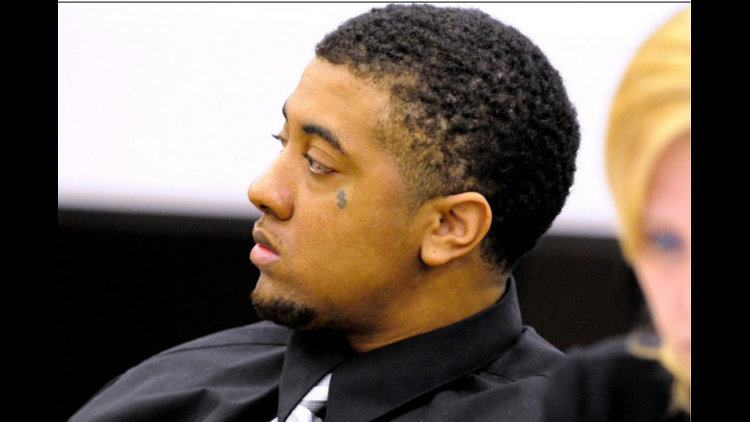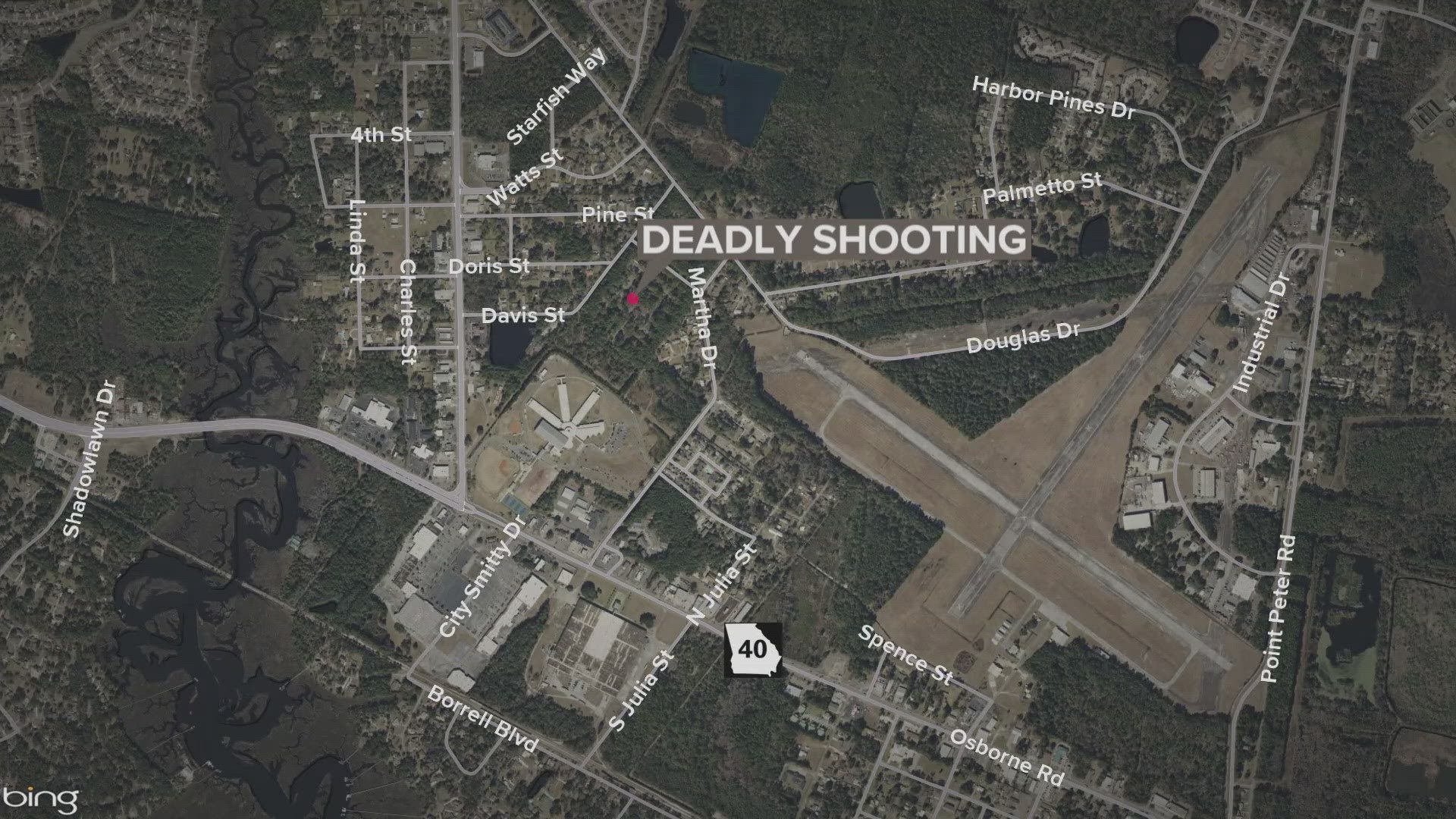Rasheem Dubose, the man convicted of a murder that so roiled Jacksonville it became a public conversation and launched new anti-crime initiatives, has had his death sentence overturned.
The Florida Supreme Court did not overturn Dubose’s conviction. Dubose, 32, will now face re-sentencing for the 2006 death of 8-year-old DreShawna Davis who was killed by a hail of gunfire — meant for her uncle — that rained down on her home.
Seven years ago a lower court judge imposed the death sentence after a jury voted 8-4 when recommending Dubose be put to death. But when Dubose’s new sentencing happens is anyone’s guess.
A string of U.S. Supreme Court and Florida Supreme Court decisions have thrown the state’s death-sentencing system into a tailspin. Florida’s death penalty has sat in legal limbo for a year while the U.S. Supreme Court struck down the state’s sentencing process as unconstitutional. Amended procedures passed hastily by the Legislature sought to remedy those concerns, but those too were deemed unconstitutional by the Florida Supreme Court.
So until the state Legislature crafts and passes a law requiring a 12-member jury to unanimously decide on multiple factors in regards to death-penalty defendants, the State Attorney’s Office cannot proceed to trial in such cases.
David Chapman, a spokesman for State Attorney Melissa Nelson, said the office will be reviewing the Dubose case as well as others returned to the office by the Florida Supreme Court to determine further action. Nelson is planning to assemble a panel to provide facts about the individual cases. The panel will not make recommendations. The decision to seek the death penalty will be hers.
Dubose and his two brothers — armed with a 9mm, .45-caliber and Glock-nine — jumped a fence and sprayed the house with gunfire. Twenty-nine bullets struck the home, 23 of which came from Dubose’s Glock-nine including the gunshot that traveled through at least two walls killing DreShawna who was in a bedroom and attempting to shield other children from the gunfire.
The child’s death galvanized the community and led to the creation of the Jacksonville Journey, an initiative that pumped money and energy into providing after-school programs for youths as well as crime-fighting initiatives.
Although tried together, Dubose had a separate jury and his trial ended in a hung jury. His brothers were sentenced to life in prison. In his second trial, a jury found Dubose guilty of shooting into the building and voted to impose the state’s death penalty.
Dubose’s attorneys have long argued that the jurors in his case acted inappropriately and that his conviction should also be thrown out. Their arguments on that front weren’t successful with the Supreme Court, though it did acknowledge that errors were made.
The Florida Supreme Court ruling on Dubose’s death sentence is one of scores that will have to go through another round of sentencing because the decisions to impose the death penalty were not unanimous by a jury, and the judge had the final say. The court will be reviewing all death-penalty cases dating back to 2002.
Times-Union writer Andrew Pantazi contributed to this report.



